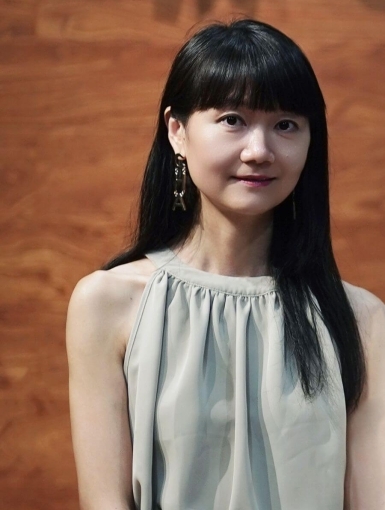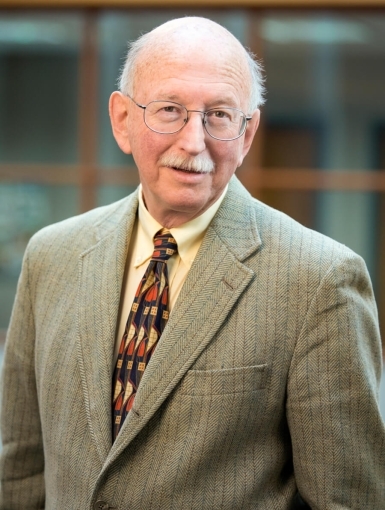
Two University of Maryland School of Public Policy professors, Lucy Qiu and Peter Reuter, have been recognized on Stanford University’s prestigious list of the world’s top 2% of scientists. Qiu, honored for her contributions to energy research, and Reuter, for his work in public health, discussed their ongoing research projects and the new challenges they are eager to tackle in their respective fields.
Qiu, whose research focuses on climate and energy policy, sees the recognition as a powerful motivator to continue her research. “This recognition has been very encouraging and further motivates me to continue pushing the frontiers of research related to climate and energy policy using an interdisciplinary lens incorporating economics, policy analysis and systems engineering,” said Qiu. Her work, which spans consumer behavior and low-carbon technologies, addresses critical issues such as equity implications of energy transitions and actionable policy solutions to improve social welfare.
Stanford’s rankings draw on bibliometric, or quantitative, indicators that Qiu emphasized, while valuable, are not her primary focus. “My overarching goal has always been to provide evidence-based policy analysis to facilitate more sensible energy and climate policy-making,” she said.
Qiu’s current research explores the unintended and distributional consequences of clean energy transitions, such as the use of hydrogen in industrial processes and electrification in transportation and buildings. She also prioritizes mentoring the next generation of researchers, fostering interdisciplinary collaborations to discover new critical research questions.
Reuter, who has done extensive research in drug policy, cartel violence and money laundering control, expressed surprise at the recognition, given the niche nature of his research areas. “The fields I work in are all narrow research niches, though they are major policy issues and social problems. … So I am pleased and surprised that my work has managed a respectable bibliometric score,” he remarked. Despite the challenges of working in areas with limited quantitative data, Reuter’s work has made significant contributions to understanding drug markets and policy reform.
For Reuter, the impact of his research extends beyond traditional academic metrics. “In drug policy and money laundering control, the policymaking community is not conscious of research. The path to influence is definitely through media reports of interesting findings,” he said. Reuter believes that real policy influence comes from making research accessible to the public and policymakers. With the ongoing fentanyl crisis, he highlighted the lack of innovative ideas and stressed the need for new approaches to substantially reduce overdose deaths.
Looking ahead, Reuter's research is focused on better understanding how drug markets operate, a critical component for effective policy reform. “The major drug enforcement agencies need to be persuaded that they are regulating markets, rather than just catching dealers,” he explained. Reuter’s work, in collaboration with colleagues, looks to develop new models of illegal market regulation that can guide more effective interventions. Reuter is dedicated to mentoring young scholars, noting that advances in his field are likely to come from cross-disciplinary research. “Mentoring is my favorite activity at this stage of my career,” he shared, expressing pride in working with scholars from diverse disciplines and countries.
The inclusion of Qiu and Reuter in Stanford’s list emphasizes the global impact of their work, from addressing climate change and sustainable energy solutions to tackling drug policy reform and public health crises. Both remain committed to advancing their fields through rigorous research, interdisciplinary collaboration and mentoring the next generation of thought leaders.





